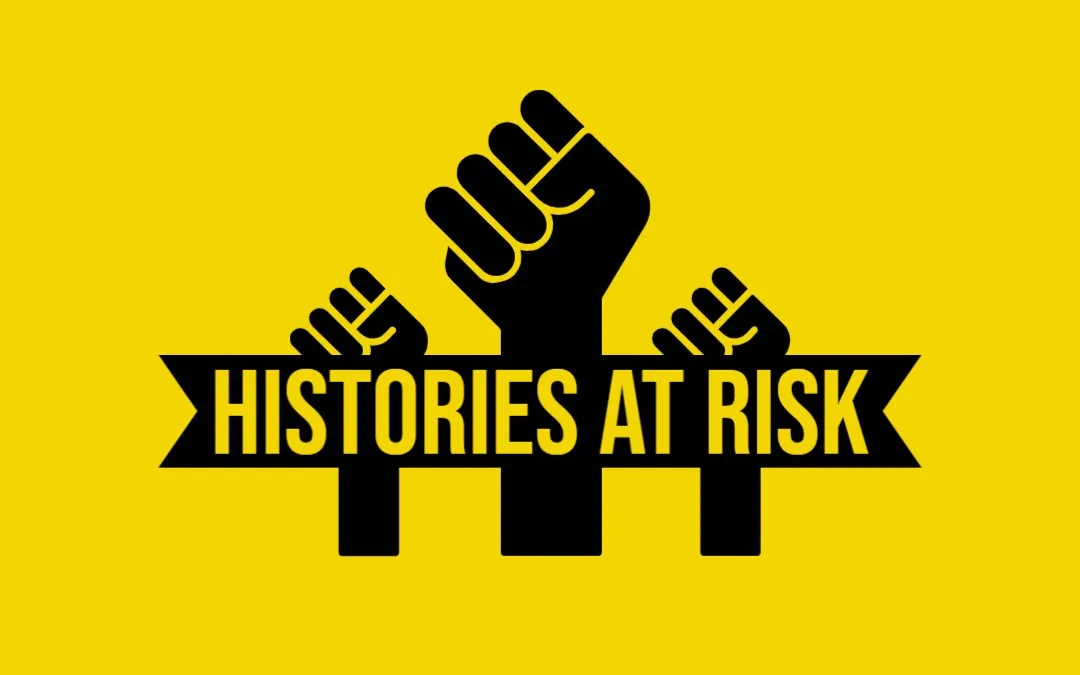This morning’s story, for me, is Patrick Jack’s article in The Higher Education supplement, which examined the fallout in a conflict: Michelle Donelan, Secretary of State for Science, Innovation and Technology of the United Kingdom, with Kamna Patel, associate professor of development studies at University College London (UCL), and, Chair of the Expert Advisory Group, UK Research and Innovation (UKRI):
“Ms Donelan had publicly condemned the ‘amplification’ of a tweet by Dr Patel, which ‘condemns violence on both sides but makes reference to Israel’s genocide and apartheid’, and said she was “outraged” that another member had – as she put it – described the government’s plan to crack down on Hamas support in the UK as ‘disturbing’.” [emphasis added]
Kamna Patel was suspended while UKRI – Research England’s parent body – commissioned a lengthy investigation, and has now Patel resigned with immediate effect. The political opinions here, of Kamna Patel, is not the issue, but the set of facts:
-
An opinion was shared on social media unrelated to the sender’s paid role;
-
The UKRI found no evidence of wrongdoing by the paid academic, and, indeed, no evidence of wrongdoing by any academics within the UKRI scope;
-
Violence on “both sides” was condemned.
The historical question has to be, how have we reached this “Dumbassery“, as expressed in the role of Michelle Donelan, Secretary of State for Science, Innovation and Technology of the United Kingdom. Australian politicians and bureaucrats are not far behind in being exposed for a similar expression of Dumbassery. Perhaps, someone with moral courage will put such Australian cases on the record with evidence.
The question for Australian intellectual historians is phrased a little differently: Why the Culture-History Warfare upon Education in Early 21st Century? It appears that the high-level type of Dumbassery (from top political decision-makers) was not possible in the 1980s when the culture-history warfare began it momentum.
These are all open questions and I am not expecting gutless silence.
I am expecting political decision-makers to have the moral courage of being honest with themselves and the Australian public.
Advert and Featured Image: HISTORIES AT RISK.
7:00 pm Thursday 20 June 2024 (to 3:30 am Friday), Australian Eastern Standard Time (AEST), Online, Zoom, (10:00 AM – 6:30 PM BST)

Across the world right-wing popular political movements are harnessing the past as a means for attacking and challenging liberal consensus. From the infiltration work of Restore Trust in the UK to the legislative attacks of Florida republicans, work in this area is increasingly purposeful and well organised.
Whilst conservative popular history is hardly new, increasingly the ‘weaponization’ of the past has become programmatic and performative. As neoliberal think tanks and groups increasingly collaborate and share practice, method and funding in their resistance to progressive institutions and research, attacks on historical understanding are becoming organised. Historical knowledge production and distribution is becoming strategically addressed by various groups. Conservative approaches to history in public are becoming more performative and need to be understood to be countered.
What does this mean for an understanding of public history? How is the past in public becoming utilised by right-wing actors? What does this mean for an understanding of public history’s activist, liberal, progressive aspects? Does an understanding of public history as something innately conservative challenge our paradigms for work in this area? What is the theory and practice of right-wing public history?
This online workshop is organised by the Histories at Risk network.
10-11.15 Focus: Spain
Gustavo Alares (Centro Universitario de la Defensa): Spectacles of Nostalgia: Public History and the extreme right in current Spain
Tony Bryan (Independent Scholar): Hispanophobia and Imperiophilia: Roca Barea’s Conservative Public History
Malena Bedoya (University of Manchester): The Spanish right wing’s re-actualised hispanism in the 21st Century
Pablo Sanchez Leon (NOVA University Lisbon): Liberalism vs. democracy among Spanish conservatives: Long-term academic and public interplays
11.30-12.45 Focus: UK
Maya Sharma (Ahmed Iqbal Ullah RACE Centre and Education Trust): If Nothing Changes, Nothing Changes
Subhadra Das (Independent Scholar): Francis Galton, Eugenics, and Why We Need New Science Stories
Corinne Fowler (University of Leicester): Beyond History Wars?
Matt Matthew Stallard (Centre for the Study of the Legacies of British Slavery, University College London): Black Country Culture Wars and How to Prevent Them
1-2.15 Theory
Andrew Woods (): Genealogies of Darkness: How Conservatives use Intellectual History
Neville Buch (Independent Scholar): Buckley in Australia: Considering Local Social Discourses among the Australian States (1938-1987)
Luiza-Maria Filimon (‘Ovidius’ University of Constanta): Through a mirror darkly: the Anti-CRT panic and the conservative hijacking of the past
Joanna Wojdon (Uniwersytet Wrocławski): Value discourse in conservative public history: Case study of Poland
2.45-4 Conservative Public History
David Dean (Carleton College): Problematic Philately: Collecting as Conservative Refuge?
Alan Lester (University of Sussex): Doing colonial history in a time of culture war backlash
Bram de Ridder (KU Leuven): Public success, academic meltdown. How a conservative government rebooted attention to national history in Flanders
Julia Håkansson (Malmo University): National narratives of Sweden and Denmark
4-5 Focus on Colombia and Brazil
Jimena Perry (Iona University): Savages and Brutes: Stigma and Stereotypes in Contemporary Colombia
Caroline Silveira Bauer (Universidade Federal do Rio Grande do Sul): Past on demand: commercial and political uses of the past by the Brazilian extreme right
5.30-6.30 Focus on Nigeria
Olukoya Ogen (Osun State University), The Canonisation of Yorùbá History, the Silencing of the Past and the Assaults on a Counter Hegemonic Historical Narrativism
Anthonia Adeleke (Redeemer’s University), Public History and the Gender Equality Debate in the Yoruba Society
Tunde Decker (Osun State University), ‘This good-for-nothing past’!: The ‘harmony’ of defective memories among Nigerians
Neville Buch
Latest posts by Neville Buch (see all)
- Dear grossly, ethically, corrupted - December 21, 2024
- Thoughts with a Professional History colleague on “Artificial Intelligence” - December 21, 2024
- Stephanie M. Lee on “AI by omission”, The Chronicle of Higher Education, Thursday, December 19, 2024 - December 20, 2024
